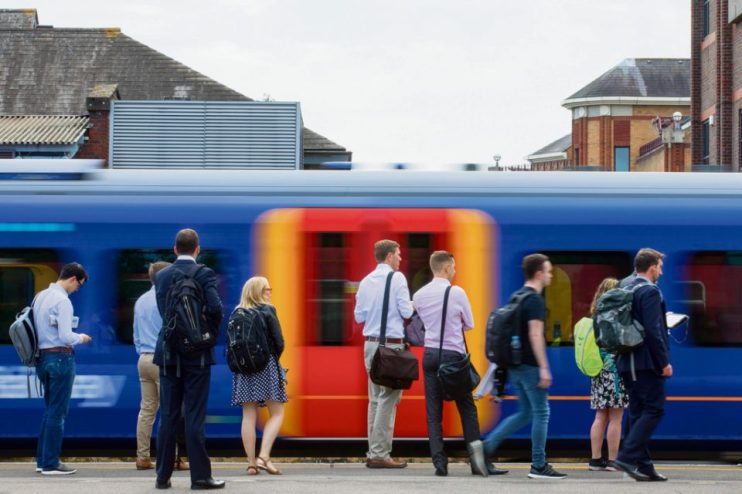Rail operators scrap hundreds of trains amid Covid-induced staff shortages

Several railway operators – including Avanti West Coast and South Western Railway (SWR) – were forced to introduce a reduced timetable as a result of Covid-induced staff shortages.
SWR announced last week that from Monday 17 journey planners will be adjusted on a weekly basis, with updates being communicated at the end of each week, City A.M. reported.
Remaining under review for the foreseeable future, the changes will include services such as Waterloo to Alton and Waterloo to Basingstoke becoming hourly, with the last train of each day leaving earlier than at present. Services from Waterloo to Exeter and Weymouth will also be split at Salisbury and Bournemouth respectively.
From tomorrow until the end of February, Avanti West Coast will run four trains per hour between London and Birmingham, Manchester, Liverpool and Glasgow to avoid short-notice cancellations.
“The spread of the Omicron variant has had a significant impact on our railway, with fewer people using the train and staff shortages impacting on our ability to consistently deliver the current timetable,” said SWR’s managing director Claire Mann.
“Having assessed demand and spoken to our industry colleagues, we believe this new timetable is the most effective means of ensuring our customers receive a reliable service, with short-notice cancellations minimised.”
Avanti West Coast and SWR are the latest operators to reduce their timetable as a result of Omicron spreading among their staff. During the festive period, companies such as ScotRail and Greater Anglia had to slash their services.
Shortages appear not to have eased yet, forcing the industry to ask customers to check their travelling plans.
“The temporary timetables that rail companies are putting in place, with government support, will help ensure more reliable services with fewer short notice cancellations so that we can continue to get people and goods to where they need to be,” said Susie Homan, Rail Delivery Group’s director of people, operations and railway strategy on 5 January.
“It makes sense to better match the number of trains that are running with the number of people travelling so that the industry gets the most out of every taxpayer pound and doesn’t take more than its fair share of public money.”